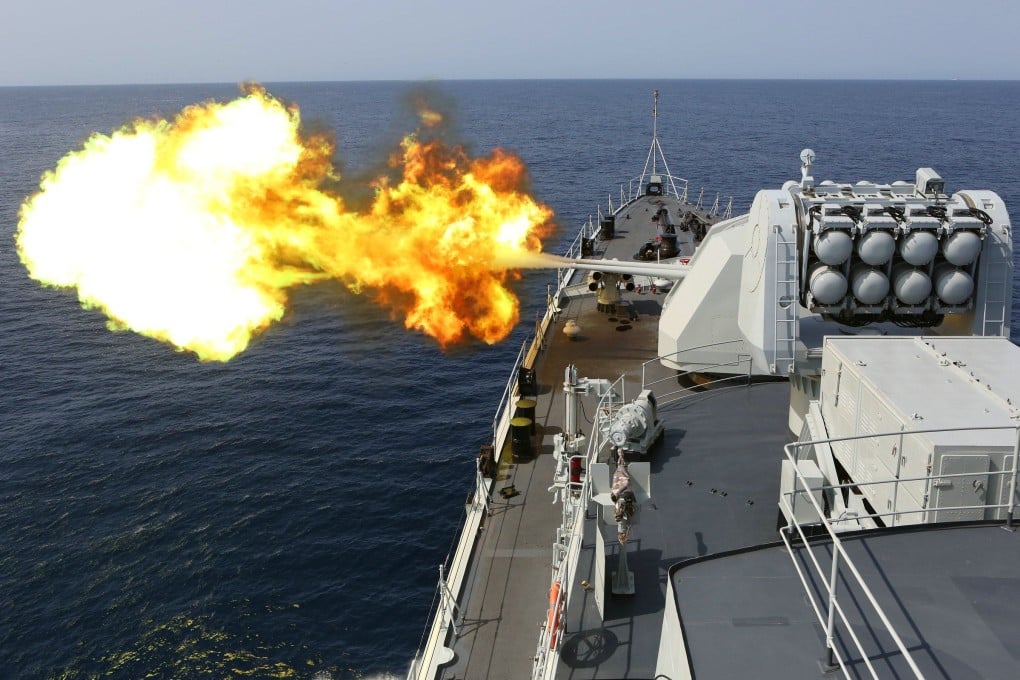Advertisement
Opinion | Why US-China anti-piracy efforts offer hope for cooperation on ending Sudan war
- Tensions between China and the US and Europe are high, but there is reason to believe they can still collaborate for the greater good following years of working together to fight piracy in the Gulf of Aden
Reading Time:3 minutes
Why you can trust SCMP
2

War-torn Sudan, where a fragile ceasefire is in place, could offer China and the West an opportunity for cooperation to stabilise the greater Horn of Africa. Geopolitical tensions between the two camps have skyrocketed in recent years, and they need a common interest to start resetting relations.
There is reason to believe this cooperation could be fruitful as China, the United States and Europe have already worked together successfully for years in their united fight against piracy in the Gulf of Aden. The turbulent East Africa region is a vital node in world trade, located along the shipping route connecting Europe with East Asia through the Malacca Strait and the Taiwan Strait.
While Russia’s invasion of Ukraine has implications that can influence the balance of power between Beijing and Washington, limiting the room for Sino-US collaboration, a regional crisis in the “Global South” has a softer geopolitical footprint and thus the potential for a win-win interaction.
After the international community looked favourably on China’s efforts to improve Saudi-Iranian relations and its attempt to promote a negotiated solution to the conflict in Ukraine, many now hope that Beijing will be able to continue its recent diplomatic spree and step in to the Sudan crisis.
That is not the case at the moment, however. China has no interest in intervening directly to pacify Sudan, at least until the dispute between armed units loyal to Sudan’s de facto ruler General Abdel Fattah al-Burhan and paramilitary Rapid Support Forces leader General Mohamed Hamdan Dagalo is confined to Sudanese territory.
Saudi Arabia and Iran’s strategic and economic importance weighed on China’s decision to mediate between them. Beijing has long-standing economic interests in Sudan, but bilateral trade and Chinese loans have steadily declined since the country’s partition in 2011 with the creation of South Sudan.
Advertisement

